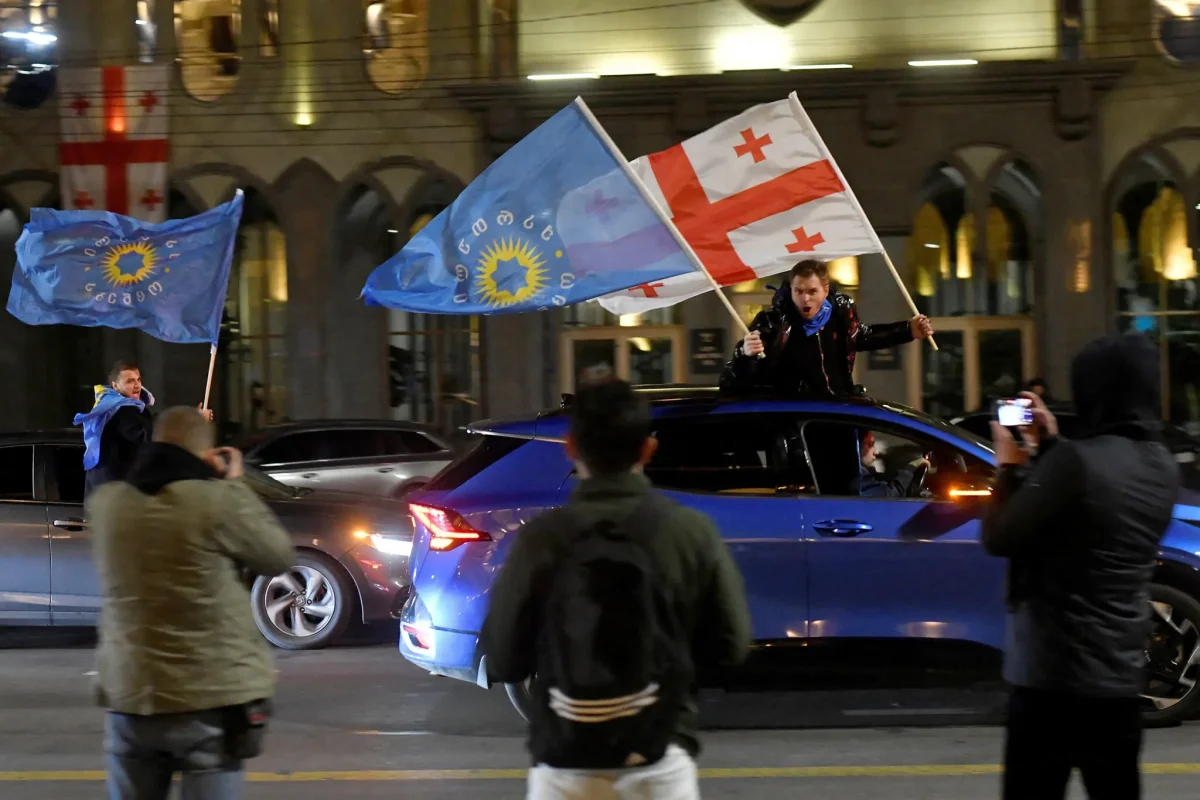June 17: Dylan Storm Roof, a white supremacist who brandished Apartheid and Rhodesian insignia, opened fire on a meeting in the historic Emanuel African Methodist Episcopal Church in Charleston, SC, killing nine. Among the victims was Rev. Clementa Pinckney, the Church’s pastor and a Georgia State Senator. The attack’s aftershocks are significant and prompted the removal of the Confederate flag from in front of the South Carolina Statehouse.
June 25: The United States Supreme Court decided in King v. Burwell, to uphold subsidies in the healthcare marketplace which make the Affordable Care Act (Obamacare) fiscally viable.
June 26: In a landmark ruling, the Supreme Court of the United States decided in Obergefell v. Hodges that gay marriage could not be banned by the states, making it de jure legal. Before the ruling, 37 states and DC had already legalized it, leaving such states as Ohio, Texas and Michigan among the few that had yet to overturn the ban.
June 26: Terrorist attacks occurred almost simultaneously in France, Tunisia and Kuwait. A radical islamic terrorist decapitated a businessman and went to a Helium-manufacturer, Air Products and Chemicals’ facility south of Lyon, France. He proceeded to ram the facility’s gates in an attempt to blow it up as he had stolen a vehicle of explosive gases to which he had fixed the decapitated head.
In Tunisia at a seaside resort, dozens were murdered as a gunman opened fire on predominantly western tourists, many British. ISIS/ISIL/IS claimed responsibility for the deadly attack. The terrorist was gunned down by Tunisian security forces.
In Kuwait, a small kingdom sandwiched between Iraq and Saudi Arabia, terrorists believed to be linked to ISIS/ISIL/IS set off explosives in a suicide attack in a Shiite mosque (ISIS/ISIL/IS is a Sunni group and have directed many of their attacks against Shiites, who follow a slightly different interpretation of Islamic history and texts.
June 29: Greece missed its payment of 1.5 billion euros owed to the IMF. This deepened the Greek economic crisis; currently one quarter of Greeks are unemployed and the country’s debt is worth over 175% of its GDP. This prompted a political crisis as banks were shut down for six days to prevent a so-called ‘run on the banks’. Greek Prime Minister Alexis Tsipras threw the European Economic Community in disarray when he trashed months of negotiation and set up a referendum asking whether or not the Greek people would accept the IMF’s bailout terms.
July 1: The United States and Cuba ended decades of tense, closed relations by agreeing to re-open diplomatic missions. This signaled a warming of relations between the two countries. Cuba was a key point of tension between the United States and the USSR when in 1963, the Soviet Union attempted to make Cuba a nuclear missile base which resulted in the United States and the USSR nearing nuclear war and the USA to establish an embargo on Cuba.
July 5: 61% of Greeks voted “No” in the referendum organized by the government of Alexis Tsipras which determined that Greeks would reject the bailout terms of Greece’s creditors, which involved budget cuts.
July 14: Iran, the United States, France, the United Kingdom, the Russia, China and Germany reached a deal concerning Iran’s nuclear capabilities. The deal, which has yet to be validated by the US Congress, entails an agreement on Iran’s part to curtail their military-nuclear ambitions and capabilities in exchange for inspections, an end to the embargo (which were the result of the 1979 hostage-taking of US embassy employees by Iranian students sanctioned by Iran’s new government).
August 6: The contenders for the Republican nomination of the U.S. presidential election of 2016 debated in a televised event hosted by Fox News. Significantly, Donald Trump hinted at a run as a third-party candidate (which could hinder the GOP’s chances of winning in the general election). Chris Christie, New Jersey’s governor and Kentucky libertarian senator Rand Paul bouted over the merits of NSA data collection.
August 19: The German parliament approved Greece’s third bailout. Greek Prime Minister Alexis Tsipras had previously hurt relations with other European powers (such as Germany and France, the latter owns 40 billion euros of Greek debt) by allowing a referendum to refuse the creditors’ conditions. This does not end Greece’s debt crisis and the bailout is yet to be approved by other European countries’ governments.
August 21: In a bid to have himself re-elected before he feels the effects of the budget cuts mandated by Greece’s creditors, Greek Prime Minister Alexis Tsipras resigned and called for elections. Vassiliki Thanou, the president of the Supreme Court, is now interim Prime Minister and will run the country until elections decide the next PM.
August 24: Black Monday. In response to the collapse of the Chinese stock markets, the Dow Jones Industrial Average, a stock market index of 30 of the biggest traded companies on the New York Stock Exchange fell 588 points (at closing bell), recovering from a 1000 point drop. Early day trading represented some of the biggest losses since the crash of 2008. However, to investors’ delight, the rest of the week presented strong corrections, despite the continuation of China’s market plunge.
By Henri-Nicolas Grossman

































































